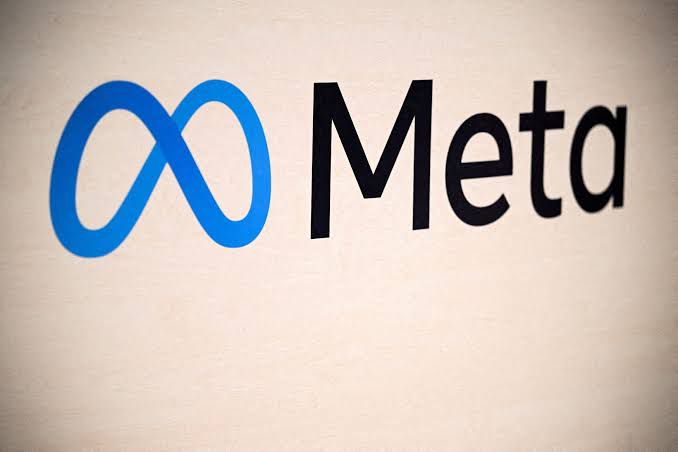 Image Source: Business Standard
Image Source: Business Standard
Meta Platforms, parent company of WhatsApp, recently informed the National Company Law Appellate Tribunal (NCLAT) that data collected from WhatsApp users is Meta’s private property, essential for enhancing its technological services. This assertion forms part of Meta's challenge against a Competition Commission of India (CCI) order that had imposed a heavy fine and restrictions due to concerns over WhatsApp’s data-sharing practices following its 2021 privacy policy update.
Key Highlights: Meta’s Defense Before NCLAT
Meta argued that the data collected through WhatsApp, such as generic user preferences and basic account details inferred from user interactions with businesses, is vital for improving platform technology and providing better services.
The company made clear that private message contents—including chats, calls, photos, videos, documents, and real-time location—are protected by end-to-end encryption, which even Meta itself cannot access.
Meta's senior counsel emphasized that sharing anonymized, non-content metadata is not a violation of user privacy rights, likening it to aggregated data that doesn’t disclose personal specifics.
They contended that the 2021 data-sharing policy did not represent a substantial change from WhatsApp’s 2016 policy, and users who opted out of data sharing previously continue to exercise that choice.
Background and Regulatory Context
The CCI had found WhatsApp guilty of abusing its dominant market position by imposing its 2021 privacy policy, effectively coercing users to accept expanded data sharing with other Meta companies as a precondition to continuing service use.
The CCI’s scrutiny centered on data sharing for advertising purposes, alleging it hindered competition by consolidating Meta’s dominance.
As part of its order, the CCI had prohibited WhatsApp from sharing user data with Meta companies for advertising for five years and levied a fine of Rs 213.14 crore (~USD 25 million).
Partial Stay and Legal Proceedings
In January 2025, NCLAT admitted Meta’s appeal and stayed the five-year ban on data sharing for advertising purposes, suggesting such a restriction would threaten WhatsApp's free service model.
NCLAT observed that the forthcoming enforcement of India’s Digital Personal Data Protection Act, 2023 (DPDP Act) would furnish a clearer regulatory framework, reducing overlapping interventions.
However, NCLAT did not stay other CCI directives regarding transparency, user choice in non-advertising data sharing, and the fine payment, underscoring partial relief to Meta.
Privacy, Security, and User Rights
WhatsApp maintains that content privacy remains sacrosanct, with encryption safeguarding the vast majority of sensitive information.
Meta reassures users that only generic data points—such as how often a user visits a restaurant or general user patterns—are shared internally, absent any content details.
The company denies any unauthorized or illegal data sharing and emphasizes users’ control over data sharing preferences via app settings.
Implications for Digital Privacy and Competition
The case highlights the intersection of digital privacy, competition law, and technological innovation challenges in India’s rapidly evolving digital ecosystem.
Meta’s arguments reflect broader debates on data ownership, regulatory authority, and the balance between privacy, consumer choice, and business models underpinning free online platforms.
The ongoing judicial process is closely watched by industry stakeholders, consumer advocates, and policymakers.
Conclusion
Meta’s defense before the NCLAT that WhatsApp user data constitutes its private property crucial for service enhancement encapsulates the complex balance of privacy rights, business interests, and regulatory oversight. As proceedings continue, the debate over data transparency, user autonomy, and fair competition is poised to shape the future of digital communication and privacy governance in India.
Sources: Hindustan Times, Business Standard, Legal Economic Times
Advertisement
Advertisement





